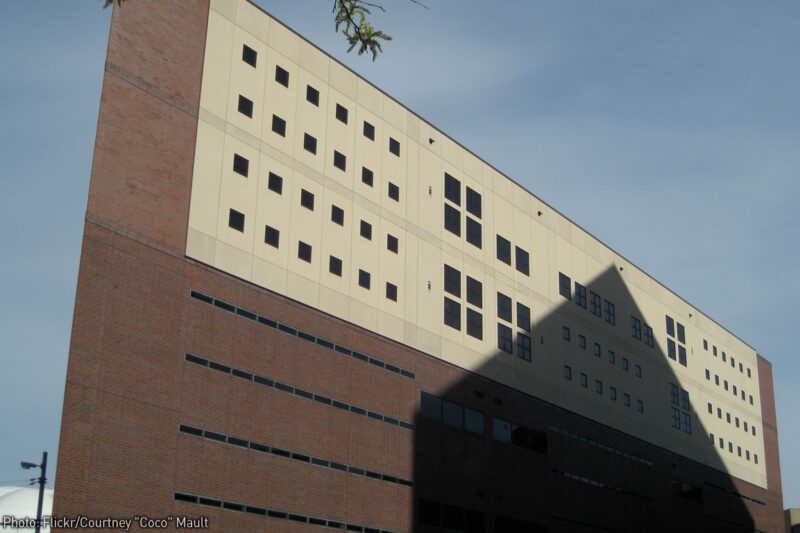If Members of the House Believe Mass Incarceration Is a Real Problem, They Aren’t Putting Their Money Where Their Mouths Are


You can't address mass incarceration by cutting funding for juvenile justice. But that seems to be the illogical and counterproductive approach that some members of Congress are taking.
provides funding to states that comply with federal safeguards designed to protect youth in the justice system. Yet in a move that undercuts recent for juvenile justice reform, House appropriators recently voted out of committee a that contains zero funding for Title II, which is the main funding vehicle for the JJDPA.
In sum, this means no federal dollars for prevention programs, no resources for evidence-based interventions for at-risk youth, and no core protections for kids in the system. In contrast, President Obama's FY 2016 budget proposal included $339.4 million for critical juvenile justice programs, including for Title II programs under JJDPA.
In a , Rep. John Culberson (R-Texas), the lead drafter of the bill and the chairman of the Commerce, Justice, and Science Subcommittee, had this to say about the draft appropriations bill:
.: we eliminated unnecessary or unauthorized progs, froze or reduced $ for more than 12 agencies that can operate with less ()
While JJDPA was last reauthorized in 2009, programs that are funded through it continue to operate. These programs provide community-based services to address the underlying issues causing delinquency and help to ensure that children who commit status offenses — or misdemeanors that only a child can commit, such as skipping school, running away, breaking curfew, and possession or use of alcohol — aren't punished excessively and inappropriately. Without them, more children would be locked up, sometimes in adult facilities, increasing the likelihood that a brush with the law will become a regular occurrence. And when kids must be imprisoned in adult facilities in exceptional circumstances, the JJDPA protects these vulnerable minors by ensuring they do not come in contact with adult inmates.
By gutting funding for Title II of JJDPA, Rep. Culberson not only freezes the lifeline for programs that protect in detention facilities nationwide, but he would also hurt his own state. Texas would lose 28 percent of its juvenile justice budget, which funds about 30 "unnecessary or unauthorized" programs that are aimed at ensuring the implementation of JJDPA's core protections.
Furthermore, this move ties the hands of members of Congress who have been pursuing a bipartisan process to reauthorize JJDPA. On April 30, Senate Judiciary Chairman Chuck Grassley (R-Iowa) and Sen. Sheldon Whitehouse (D-R.I.) introduced , a bill reauthorizing JJDPA. Following the release of the House appropriations subcommittee's draft bill, Sen. Grassley the proposal "discouraging" and "unreasonable," stating that "my colleagues in the House should recognize the need to adequately equip our communities with tools to respond to youth who have brushes with the law."
An Arkansas Division of Youth Services found that incarceration is the single most significant factor in predicting whether a youth will offend again, more so even than poor family relationships or gang affiliation. Cutting funding for juvenile justice programs runs contrary to current bipartisan efforts around addressing criminal justice reform and reducing mass incarceration. If we truly care about stopping mass incarceration, we must make our juvenile justice system more compassionate and end it for the weakest and most vulnerable members of society — our kids.
As Sen. Whitehouse in his criticism of the House bill, eliminating juvenile justice funding "sends the exact opposite message at possibly the worst time in recent history." We should work to restore — not take away — essential funding for vulnerable youth.
